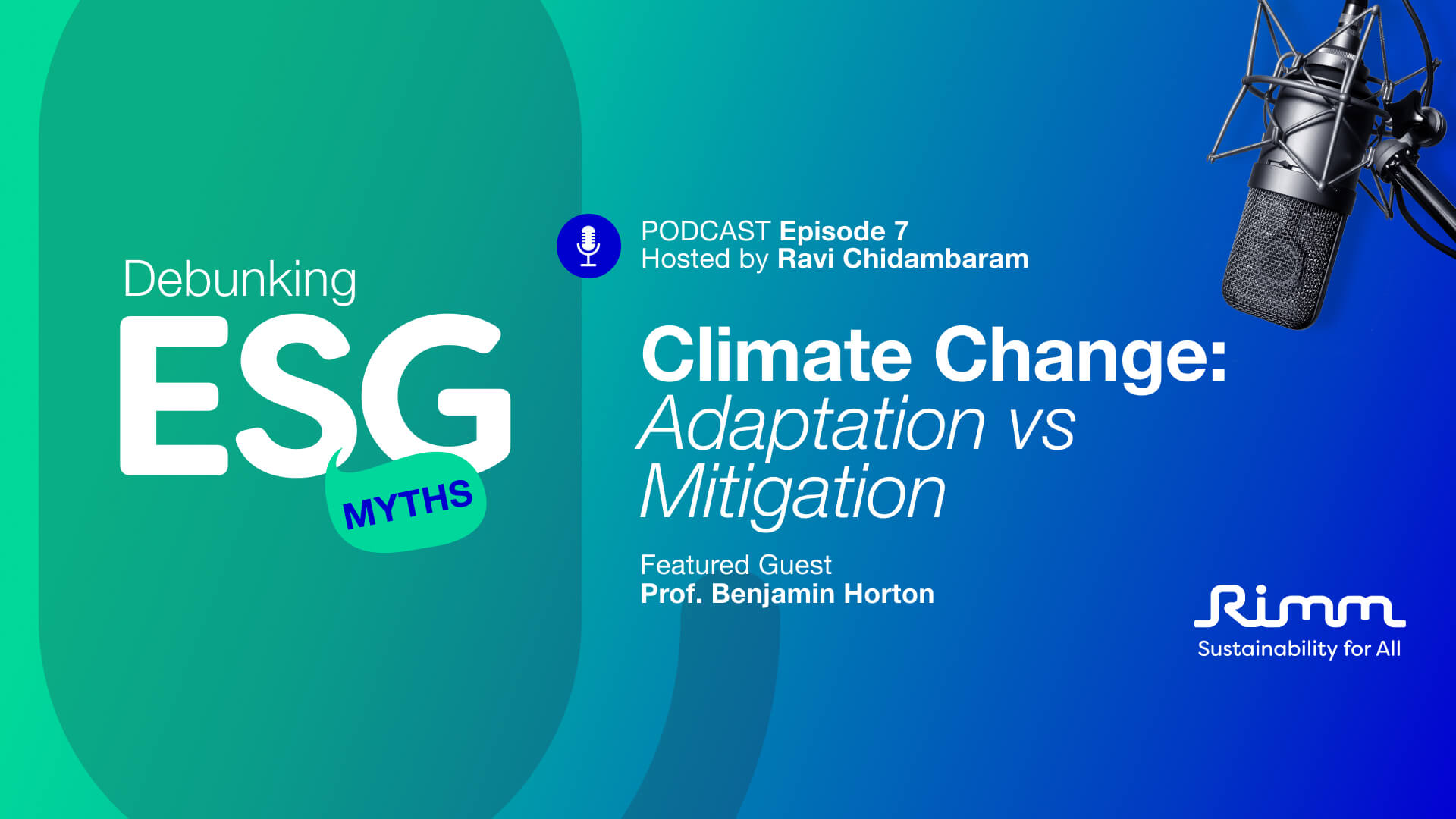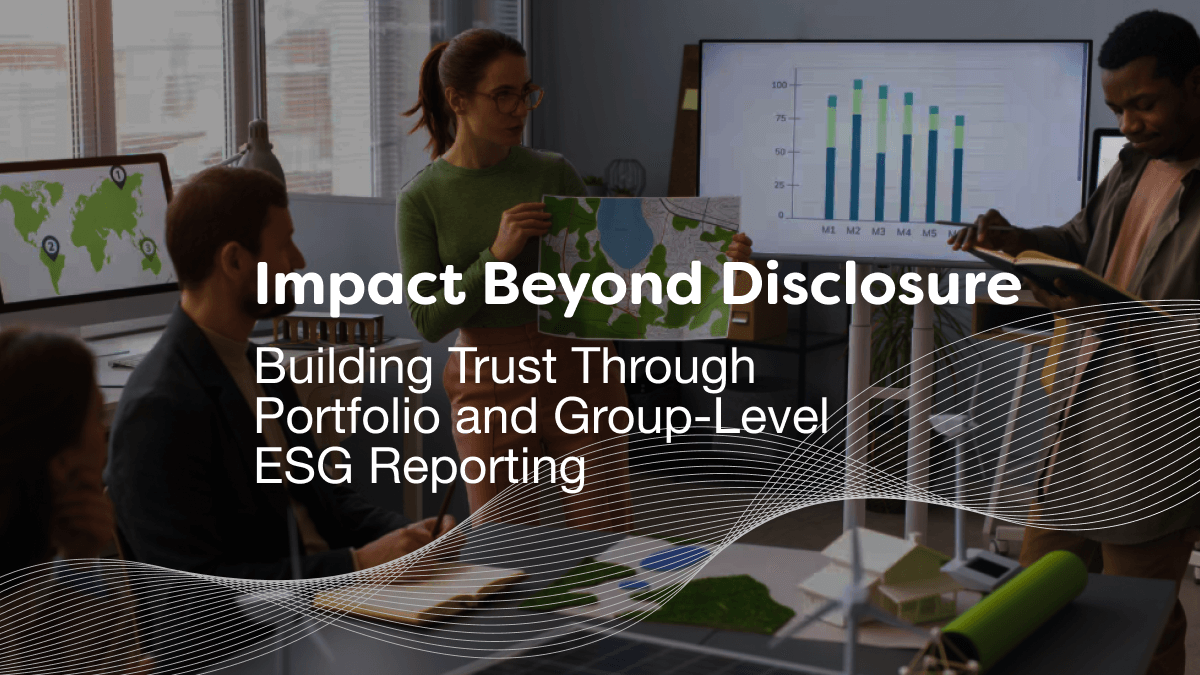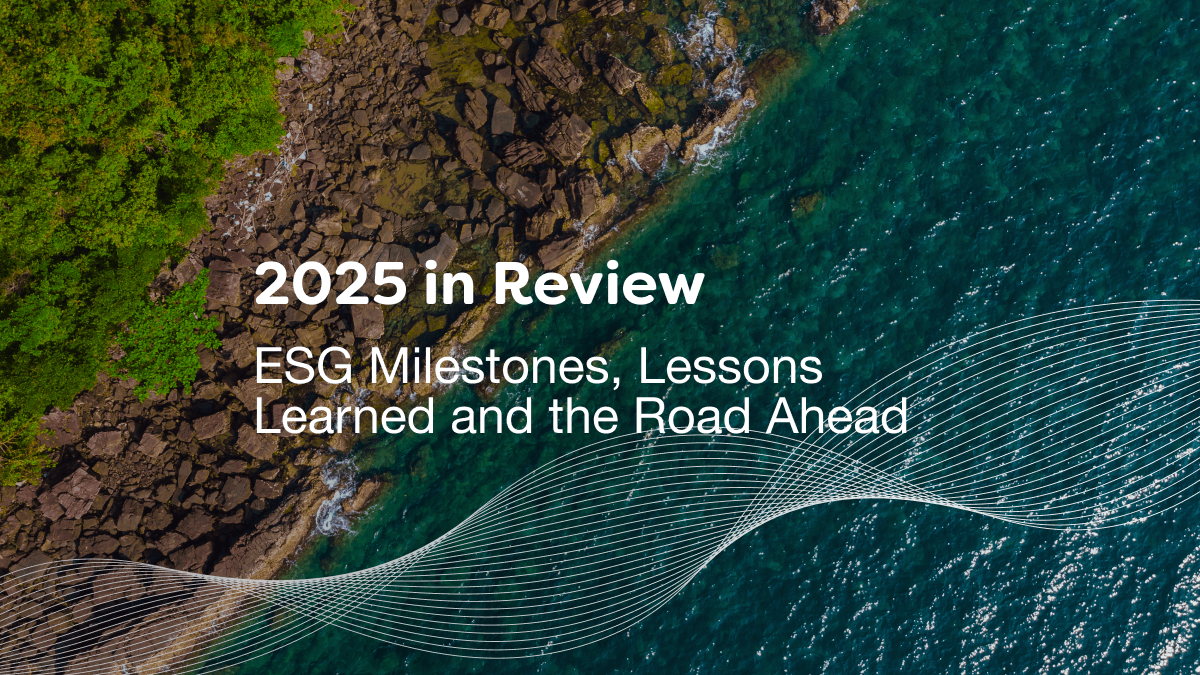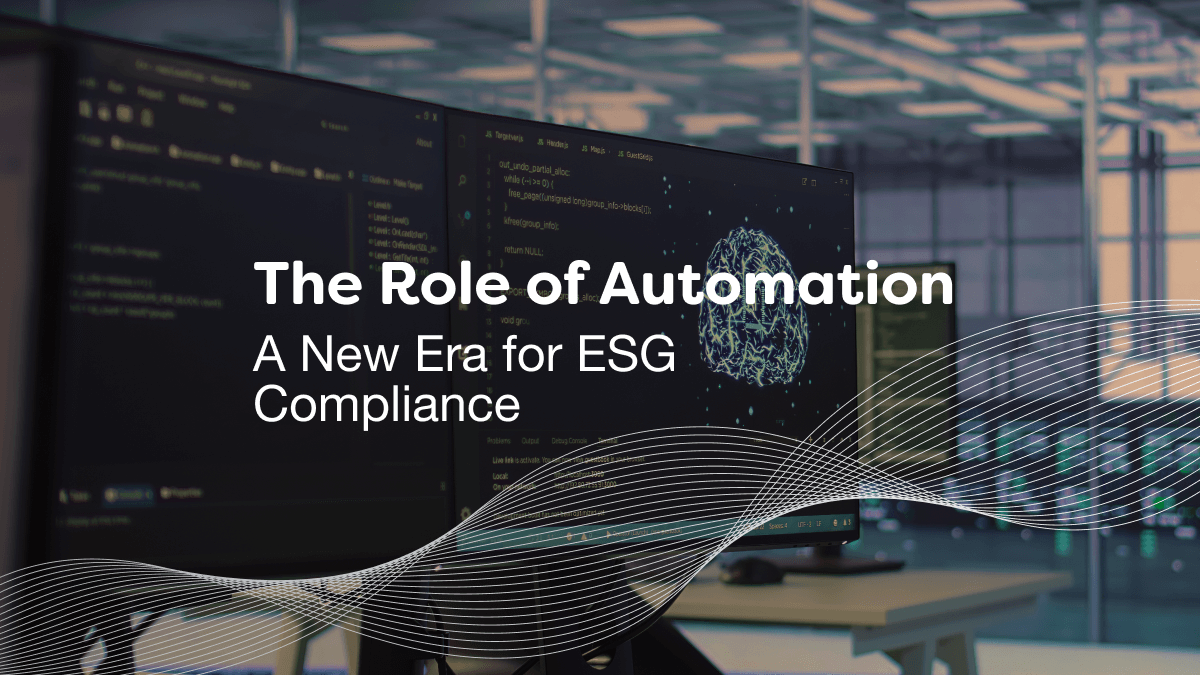Asset managers have an opportunity to strengthen their ESG propositions to improve performance, risk management, sustainability, and recruitment.
Asset managers have a major opportunity to better align their sustainable investment practices, products and reporting with investor expectations globally. That’s the verdict of two recent reports from credible sources.
The first is a 2023 Deloitte survey, which concluded that, in a highly competitive market, ESG investing offers asset managers a significant opportunity for organic growth. But they have to meet investors’ needs for transparency and well-defined causes.
The second is the latest Sustainable Signals survey from the Morgan Stanley Institute for Sustainable Investing. This highlighted several areas where asset managers have an opportunity to meet growing sustainable investing interest and demand from asset owners; and better differentiate in a maturing market.
Our experience at Rimm is that there are significant gaps in ESG data at many companies, which impede their ability to provide the transparency investors need. There is an increasing focus for asset managers to manage their portfolios and drive disclosures in alignment with Institutional Limited Partners Association (ILPA) principles, Task Force on Climate-Related Financial Disclosures (TCFD), the Sustainable Finance Disclosure Regulation (SFDR) and other reporting standards and frameworks.
If asset managers can bridge these gaps, they could boost growth opportunities significantly. Conversely, those who fail to meet these challenges risk losing valuable clients, and underperforming in the long run.
Let’s explore in more detail how and why asset managers need to strengthen their ESG propositions.
ESG improves long-term returns
The vast majority of asset managers believe ESG strategies will improve returns. And many say using ESG strategies has already yielded higher performance. We also know that the majority of investors say they would pay higher fees for this performance premium.
There is an increasing body of independent evidence to support these claims of outperformance.
For example, a 2023 study from MSCI showed that the ESG factor consistently posted positive or neutral performance across sectors and this effect gets clearer over longer periods.
Other studies have shown ESG-prioritized companies have higher returns, especially over longer periods, thanks to factors such as improved risk management and greater innovation. Some suggest that companies with strong ESG profiles are less vulnerable to disruption from regulatory or market changes, thus lowering costs of capital and buoying share prices.
By the way, some asset managers are currently finding investment returns hard to come by in the economic downturn. But with many companies driving new innovations in ESG, as highlighted in 2023 research by the World Business Council for Sustainable Development, these dynamic firms could prove a valuable hunting ground for outperformance.
Demand keeps growing
Despite uncertain economics, demand for ESG and impact investing continues to grow. PwC predicts that between 2021 and 2026, global ESG investment will more than double to $33 trillion – much faster than the wider asset and wealth management market.
At Rimm, we know investors are increasing their attention on ESG areas such as data security and privacy, corporate governance and reducing greenhouse gas emissions.
Most asset managers already implement or plan to implement sustainable investing in response. But, in this competitive market, any asset managers with weaker ESG options risk losing clients to stronger competitors, and missing growth opportunities.
It’s a future-proofer
Integrating ESG factors can help asset managers manage long-term risks and ensure sustainability. A strong ESG proposition helps you identify firms that can benefit from long-term ESG trends. But it also enables you to screen out companies whose long-term performance may be damaged by ESG risks, thus future-proofing your portfolios.
Alternatively, if you engage actively with such companies, you can also encourage them to follow more ESG-related practices. This helps further reduce risk and support long-term performance.
Win the talent war
Sustainability and social responsibility are increasingly important for younger employees, and they are more likely to choose employers that reflect their values.
From talking to clients, we know a strong ESG proposition can help asset managers get ahead in the talent war by attracting and retaining valuable staff. With talent shortages reaching critical levels in 2023, this is more important than ever. Conversely, a weak ESG strategy can create a social stigma and cause companies to lose key workers or face a restricted talent pool.
In conclusion, asset managers need to focus on strengthening their ESG proposition for multiple reasons, including the impact on investment returns; growing demand for sustainable investing; better risk management; ensuring long-term sustainability; and attracting and retaining talent. This shows why developing a strong ESG proposition is not just right, but smart – a great business decision that can benefit asset managers and their clients long-term.
manage+ can help you bridge data gaps and manage your portfolio companies’ ESG performance in alignment with major global standards, including ILPA, TCFD, SFDR and more. Book a demo to learn more today.
Simplify Your Sustainability Performance & Tracking With myCSO
✅ Calculate your scope 1, 2 and 3 emissions instantly
✅ Gauge your company’s sustainability performance
✅ View your sustainability performance all from one dashboard
✅ Benchmark against industry peers
Enter your information below to book a demo with our team today.







